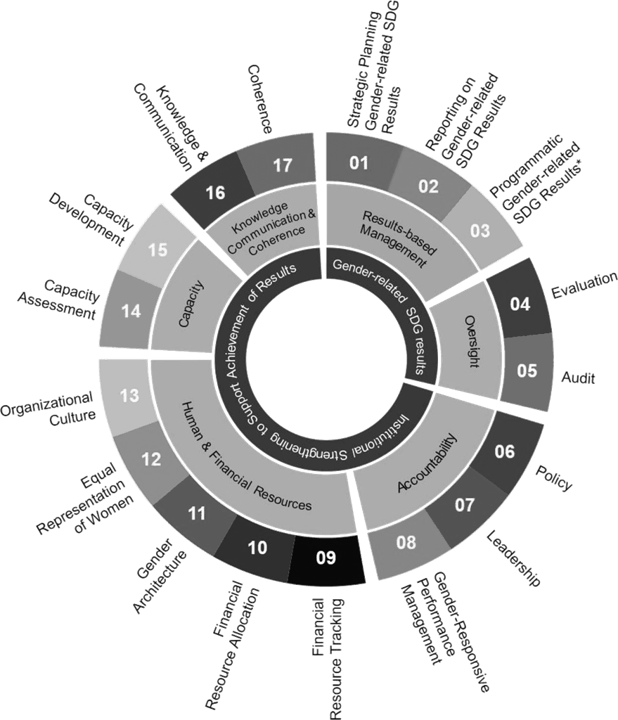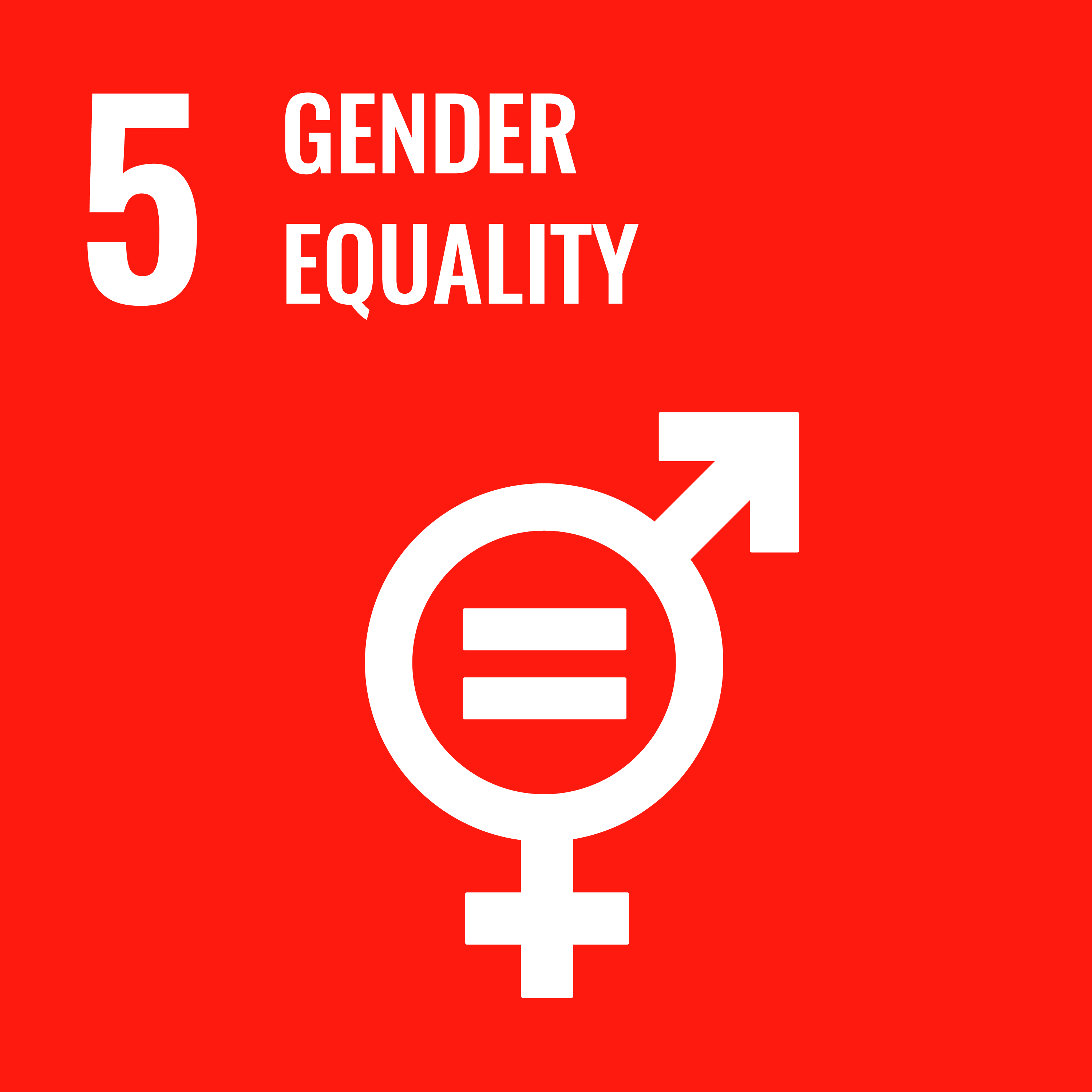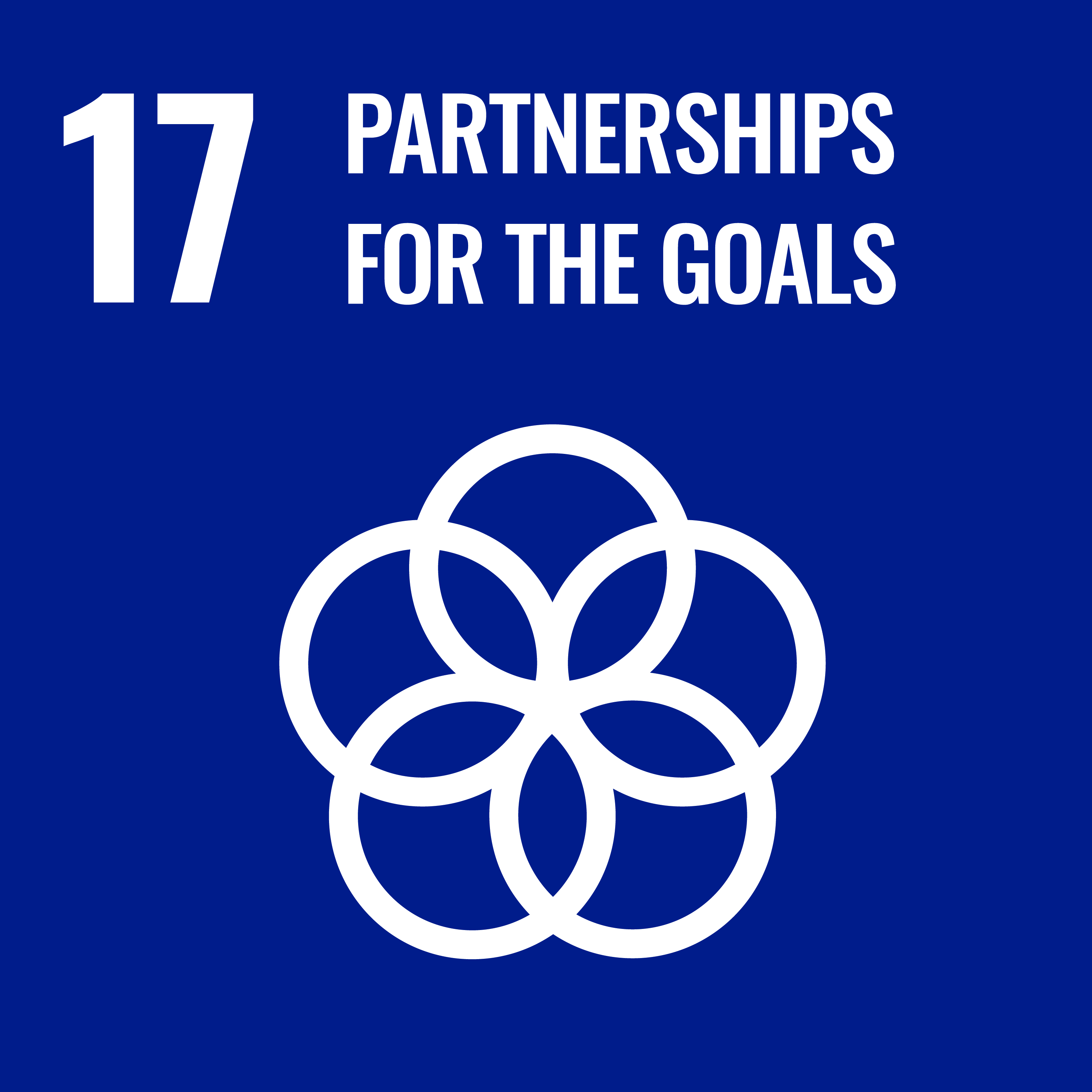Contributes to achieving SDGs
Key achievements
During the first year of its Strategic Plan 2022-2025, in collaboration with an expanded set of partners, UN Women worked to safeguard and advance the rights of women and girls across the humanitarian-development-peace nexus and achieved the following early results:
peacebuilding processes
inclusive of young women supported in 9 countries and territories
of humanitarian response plans

United Nations Country Teams



